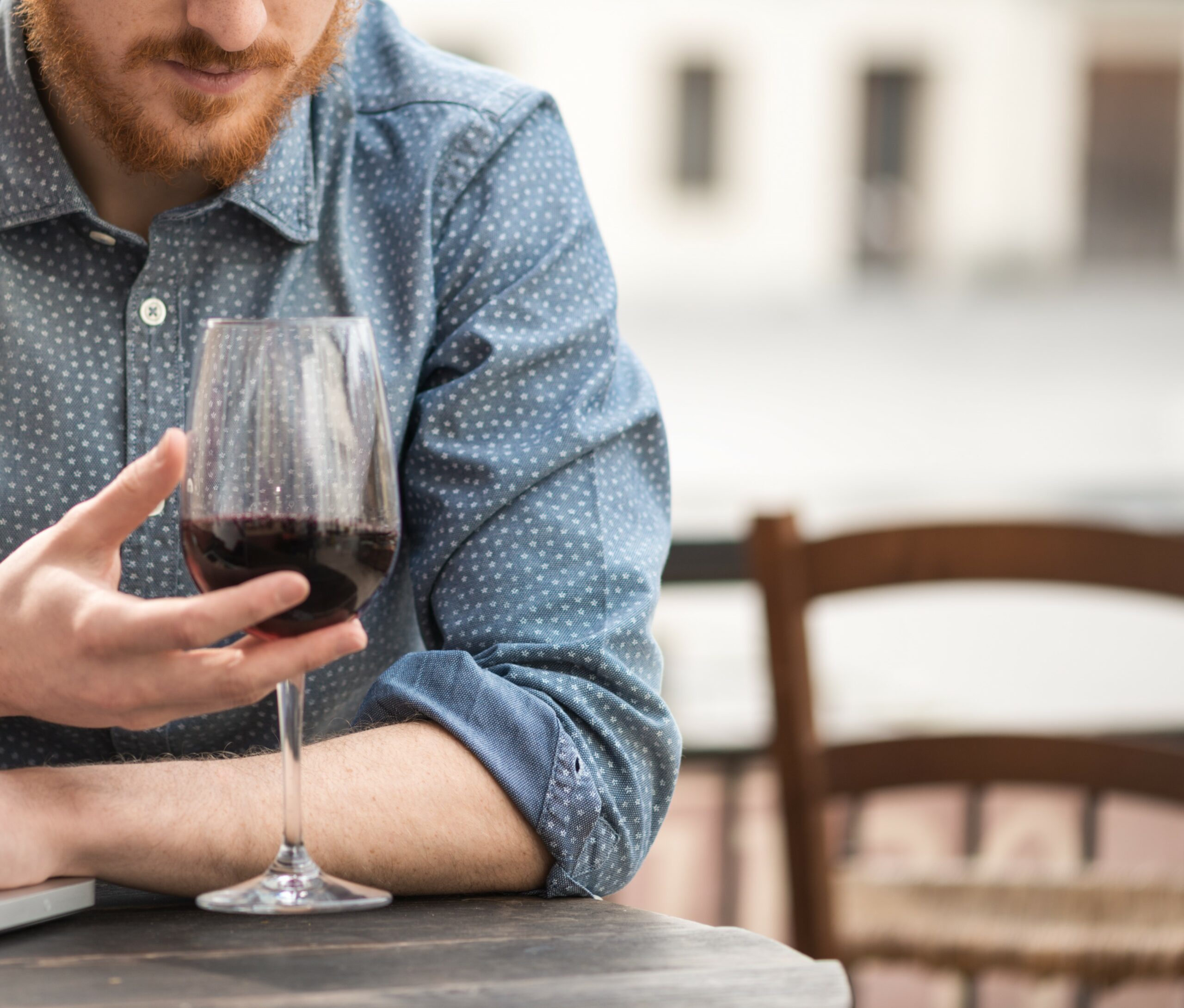Many people struggle with not only falling asleep at night but also staying asleep all night. Typically, this restlessness is blamed on work and home stress. It could also result from too much screen time that can leave your nerves frazzled and anxiety heightened. However, one factor behind sleeplessness that is often overlooked is alcohol consumption too close to bedtime.
Alcohol Can Give Your Body Mixed Signals
Alcohol can send mixed signals to your body that may confuse you due to its powerful effects on the central nervous system. For instance, one moment, you might feel incredibly sleepy, and then the next moment, you’ll feel wide awake. The sleepiness comes from alcohol being a depressant, and depressants make us feel tired. However, just because your body is telling you that you’re tired doesn’t mean that you’re going to get a good night’s sleep.
In fact, even if you have an alcoholic drink and find yourself falling asleep relatively quickly, it’s likely that your slumber won’t last long. After a while, its sedative effect will wear off and cause you to wake up multiple times throughout the night. This is known as sleep fragmentation, which happens when you wake up multiple times during the night, often for only a minute or two each time. Even though these interruptions are short, they can leave you feeling tired, groggy, and irritable the next day.
Alcohol Disrupts Your Body’s Sleep Patterns
If you decide to take a drink before bed, it may throw off your sleep cycle, and here’s how. Typically, we go through 4 sleep stages at night, with the beginning stages being light sleep.
When you have alcohol in your system, it causes you to remain in the lighter stages of sleep and not reach deep sleep. This is because you need deep sleep to repair the body and rid the waste from the brain.
In addition, as the alcohol works its way out of your body, the depressant characteristics wear off. Once this happens, you are more likely to wake up, often several times. This disrupts your important slow-wave sleep and can leave you feeling exhausted. Simply put, alcohol disrupts a person’s sleep architecture.
These Are Not the Only Potential Sleep Problems
Although fragmented sleep may be the most commonly known sleep challenge associated with alcohol consumption before bed, it is not the only possible problem.
You May Experience Intense Dreams, Sleepwalking, and More
Another relatively common problem is that alcohol use before bed can lead to very intense and vivid dreams. Sometimes these dreams go beyond the vivid and can become terrifying nightmares that disrupt your sleep even more. In addition, some people also report that they experience a tendency to sleepwalk with alcohol in their bloodstream.
If you’re already battling with sleep apnea, which is when your breathing stops and starts while you slumber, going to sleep buzzed or drunk can be especially dangerous. The alcohol may relax your upper airway, and a relaxed airway is more likely to collapse, which is definitely something you don’t want to experience while sleeping.
Alcohol and Sleep: An Unhealthy Mix
So, what does this mean for you? It means that alcohol is not a cure-all for people who have insomnia or a host of other sleep disorders. A glass of wine may help you drift off at the beginning of the night; however, it will likely leave you feeling more tired the next day. In fact, it could make your sleeping problems even worse. Therefore, if you have trouble falling asleep at night, it’s better to speak with a sleep specialist than use alcohol.
Jessica Thomas, MPH
Jessica Thomas is a public health professional, health & wellness writer, and entrepreneur. She enjoys learning about and educating others on healthy living and observing how technology is changing the healthcare space.
Special Travel Issue In Collaboration with Langham Hospitality Group



